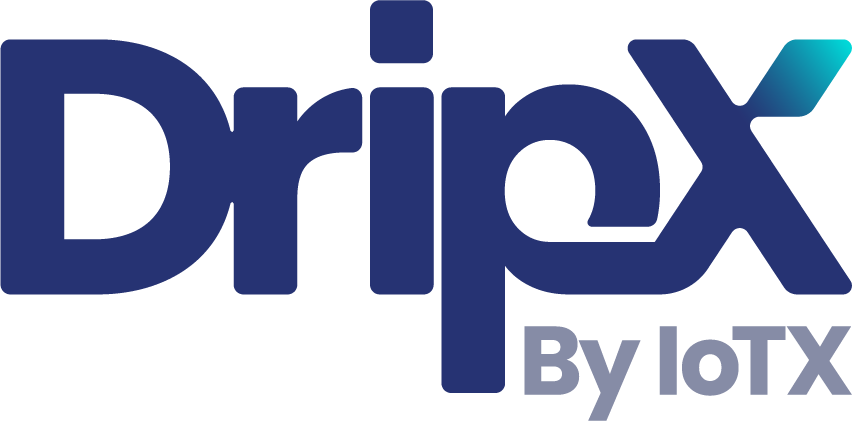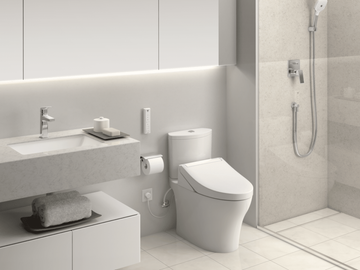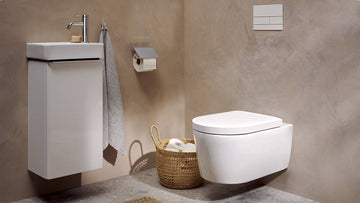In today's rapidly evolving technological landscape, water is a critical resource that demands our utmost attention and care. The advent of the smart water monitoring system offers innovative solutions aimed at optimizing water usage and managing this precious resource with greater efficiency. For Industry QA professionals, understanding and implementing these systems is not just advantageous but essential to ensure resource sustainability and regulatory compliance.

Why a Smart Water Monitoring System is Crucial for Industry QA
With industries consuming a substantial portion of available water, there is an urgent need to integrate systems that offer not only accurate data collection but also enhanced monitoring capabilities. As the name suggests, a smart water monitoring system employs advanced technologies like IoT, AI, and data analytics to deliver real-time insights and automated responses that can help industries maintain stringent quality and sustainability standards.
By utilizing such systems, industries can benefit from precise water usage metrics and detect anomalies early on, effectively preventing wastage and damage. This is becoming increasingly important as water scarcity becomes a global concern. Integrating a smart water monitoring system helps bridge the gap between technological advancement and sustainable resource management, a critical aspect of Industry QA.
The Importance of Real-Time Data in a Smart Water Monitoring System
Real-time data is the cornerstone of any smart monitoring system. For instance, in water management, having access to instantaneous data allows QA professionals to make informed decisions promptly. This is where systems like the Digital Water Leak Detector and IoT Water Leak Detector come into play, providing crucial insights into leakages, pressure dynamics, and overall water quality.
Such real-time capabilities are invaluable for QA in identifying potential threats immediately, thereby reducing downtime and minimizing losses. Moreover, the predictive analytics embedded in these systems can forecast future issues, granting industries a proactive approach rather than a reactive one.
Integration of IoT and AI in Enhancing Smart Water Monitoring Systems
The intelligent integration of IoT devices and AI into water monitoring opens a new realm of possibilities. These technologies enable seamless connectivity across various systems, fostering an ecosystem that is both responsive and efficient. For instance, the AI Water Leak Detector not only detects leaks but also analyzes patterns and usage, offering a comprehensive view of the entire water network.
Furthermore, such systems are designed to adapt and learn from data over time, refining their algorithms to improve accuracy in detecting issues and balancing water distributions. As industries strive to meet stringent environmental standards, a smart water monitoring system equipped with IoT and AI is indispensable.
Advantages of Implementing a Smart Water Monitoring System in Industry
The implementation of a smart water monitoring system can revolutionize water management practices in industries. Key benefits include improved resource allocation, early detection of leaks, and reduction in water-related operational costs. By leveraging technologies like smart home leak detection devices, industries can ensure optimal functioning and sustainability.
Moreover, these systems support compliance with local and international water regulation standards, boosting an industry's credibility and trustworthiness. Enhanced data collection and analysis also allow for better planning and decision-making, accelerating growth and innovation within the sector.
Conclusion
For Industry QA, the smart water monitoring system presents an innovative approach to resource management. Embracing this technology not only secures water resources for future generations but also positions industries as leaders in sustainability and efficiency. By integrating breakthrough technologies like IoT and AI, these systems provide a comprehensive framework that ensures water management is conducted responsibly and intelligently.

FAQs
1. How does a smart water monitoring system work?
A smart water monitoring system uses IoT devices, sensors, and AI analytics to collect real-time data on water usage and quality, providing insights and automated responses to manage resources effectively.
2. What are the key benefits of using these systems in an industry?
Key benefits include accurate water usage data, early leak detection, resource efficiency, compliance with environmental standards, and cost reductions.
3. How can industries implement a smart water monitoring system?
Industries can implement these systems by integrating IoT and AI technologies into their water management infrastructure, choosing systems like IoT Water Leak Detectors and AI Water Leak Detectors to suit their specific needs.






